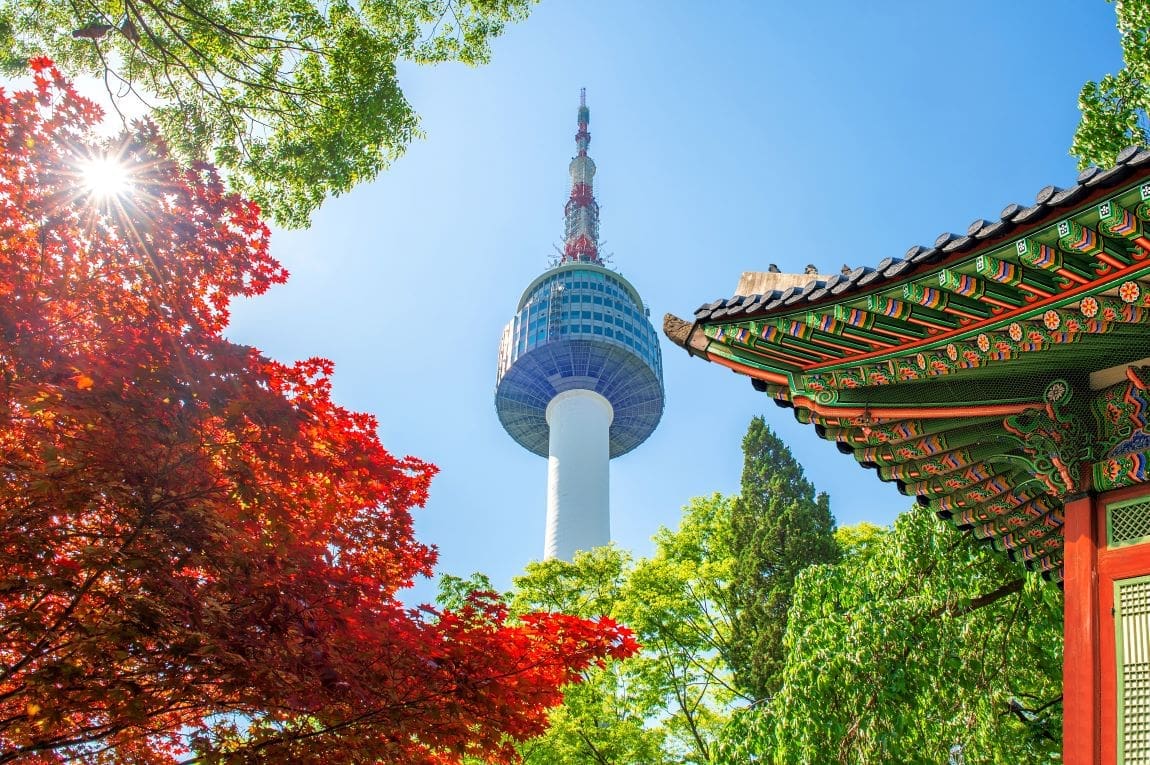Seoul, South Korea (AFP) – A streak of super-hot tropical nights is set to break a century-old South Korean weather record, according to official data released Wednesday, as the peninsula bakes in a prolonged heat wave.
North Korean authorities also issued a warning over “fierce heat” with temperatures of up to 37 degrees Celsius (99 Fahrenheit), as AFP images showed Pyongyang residents using umbrellas and portable fans to keep cool.
Much of the world is enduring a summer of extreme heat, with UN Secretary-General Antonio Guterres warning last month that humanity is suffering an “extreme heat epidemic” and calling for action to limit the impacts of heat waves intensified by climate change.
The so-called tropical nights phenomenon refers to when the temperature does not drop below 25 degrees Celsius (77 Fahrenheit) overnight, according to the Korea Meteorological Administration.
Seoul experienced its 24th consecutive tropical night into Wednesday, marking the second-longest streak since modern weather observation began in 1907.
With forecasters saying the heat wave is set to continue into next week, the country will likely break the record — 26 consecutive days — by Saturday.
According to data from Seoul’s interior ministry, 21 people have died from suspected heat-related causes so far this year, with hundreds of thousands of livestock also perishing.
The intense heat has led to the cancellation of three professional baseball games in the South this month, the first such cancellations in the league’s 43-year history.
South Korea’s temperature is “rising at a steep pace,” Chang Dong-eon, the head of the Korean Meteorological Administration told the Yonhap news agency, adding that “signs of climate change on the peninsula are stronger” than elsewhere.
“The average temperature of the Korean peninsula over the past three decades (1991 to 2020) has risen by 1.6 degrees compared to the 1981 to 2010 period,” Chang said.
– ‘Extreme heat’ –
South Korea’s electricity demand hit an all-time high on Monday as the country’s population battled the ongoing heat wave with air conditioners and fans.
Usage reached 102.3 gigawatts Monday, surpassing the previous record of 100.5 gigawatts set last August, according to the Korea Power Exchange.
By contrast, the impoverished North has long endured power shortages, and experts say most residents have no access to air conditioning.
“In our country we witnessed the fierce heat in recent days,” Kim Kwang Hyok, an official at North Korea’s State Hydro-Meteorological Administration, told AFP.
Central areas including Pyongyang have been affected, he said.
“Severe heat of 33 to 37 (degrees Celsius) is foreseen in some areas. That’s why we announced the warning for this fierce heat until August 14,” he added.
The average number of “extreme heat” days experienced by South Korean cities has doubled over the last two decades, Greenpeace Korea said this week.
“This clearly illustrates the rising temperatures globally, leading to greater uncertainty and more widespread damage,” said Greenpeace activist Lee Sun-ju.
The average global temperature over the past 12 months (July 2023 to June 2024) is the highest ever recorded, according to the European Copernicus Climate Change Service.
Scientists emphasise that repeated heatwaves are a hallmark of global warming linked to climate change.
kjk/ceb/tym
© Agence France-Presse
Featured image credit: tawatchai07 | Freepik




